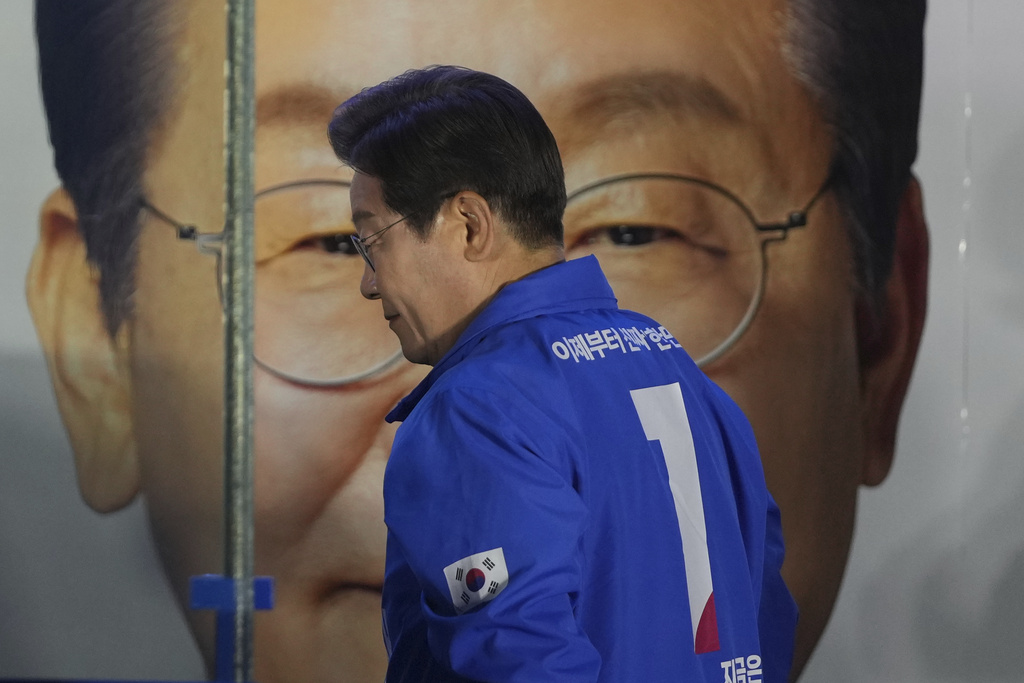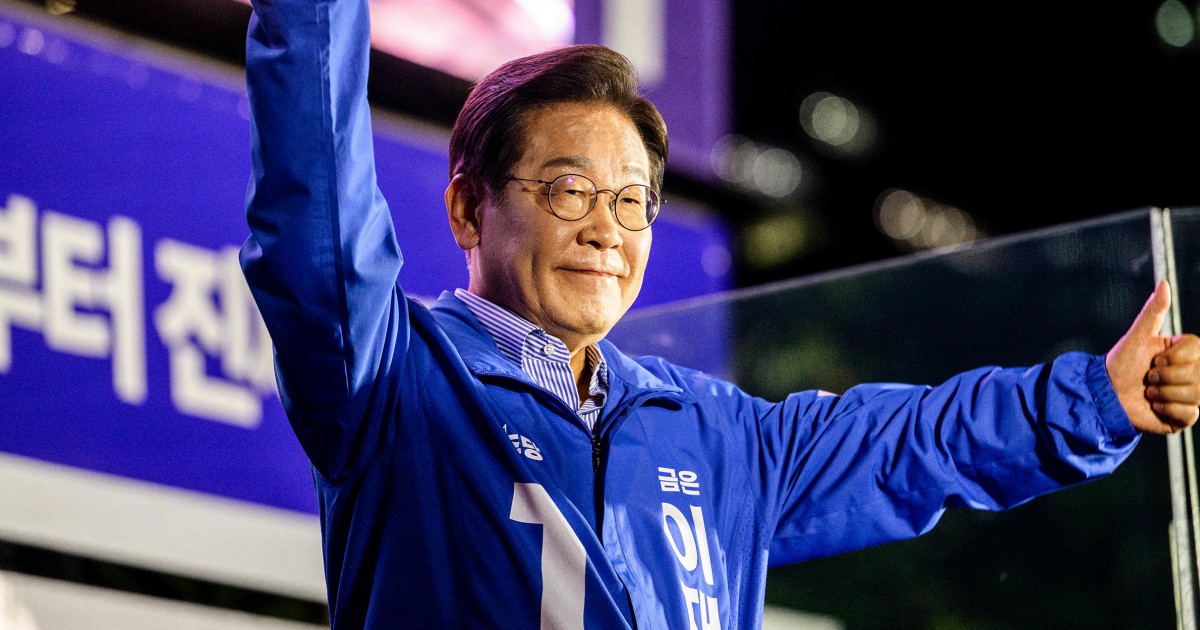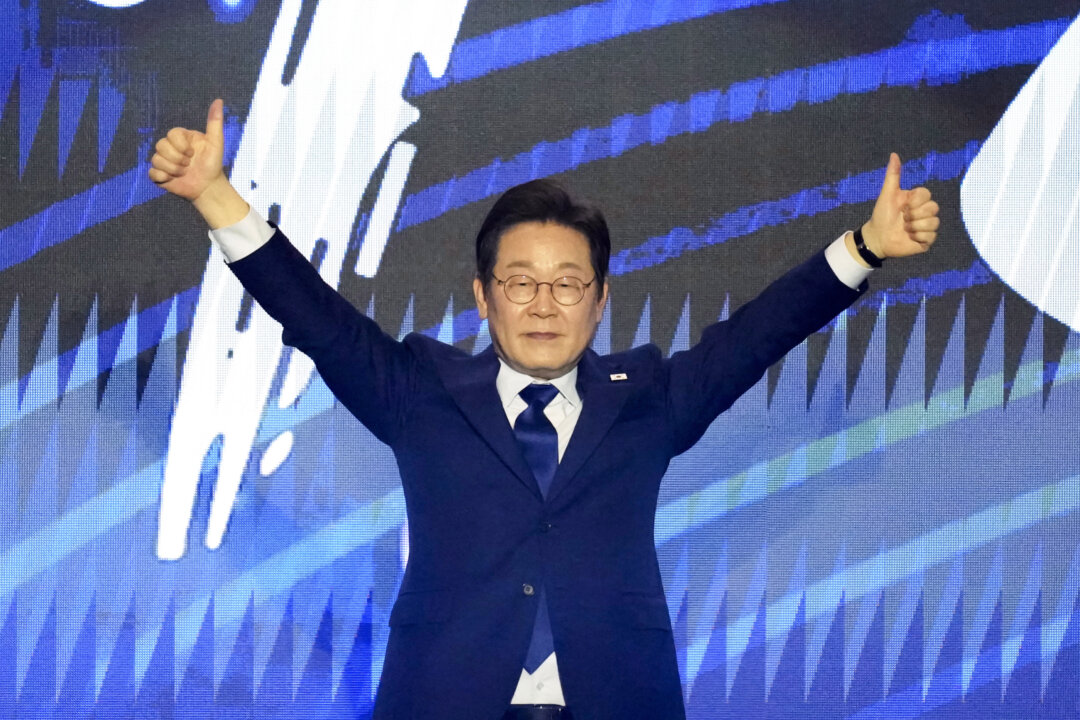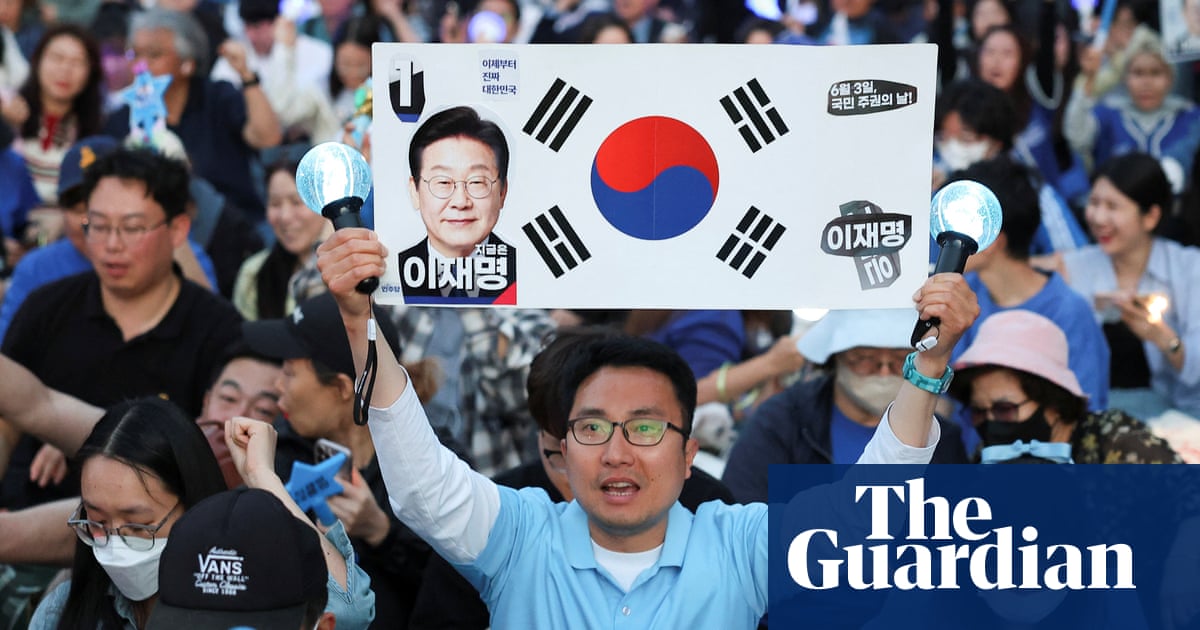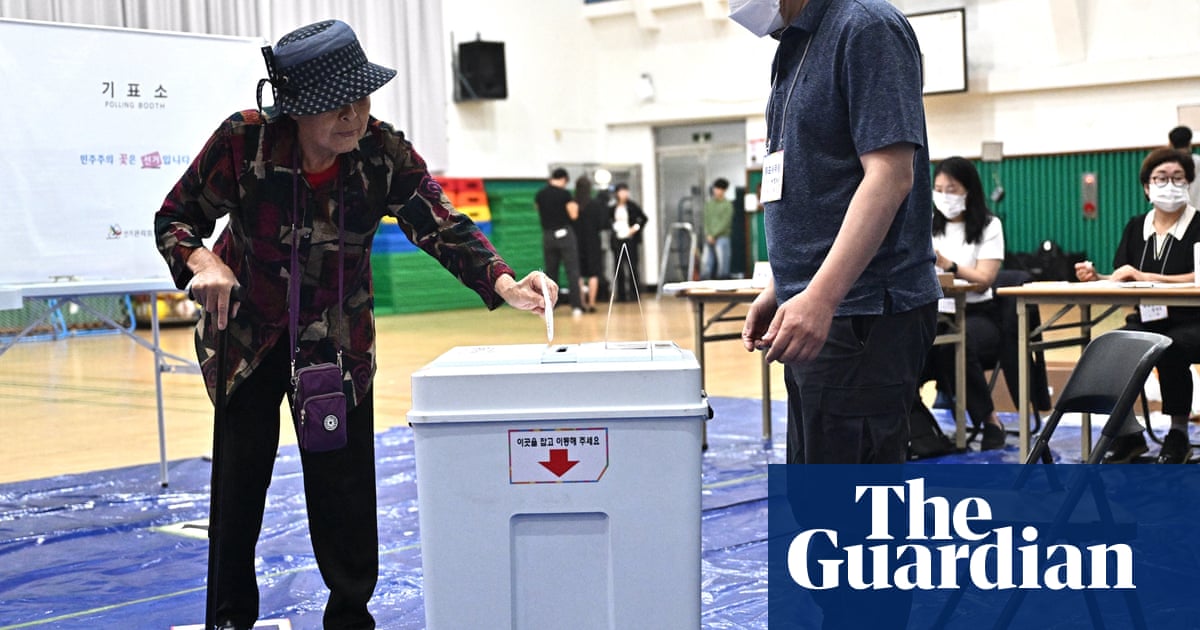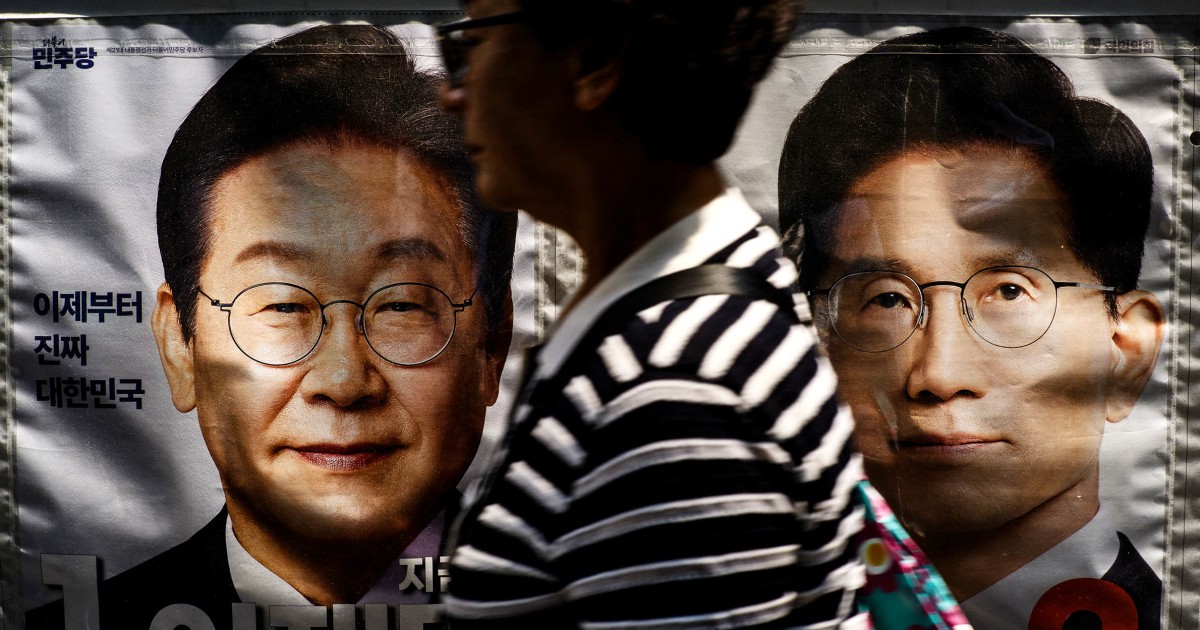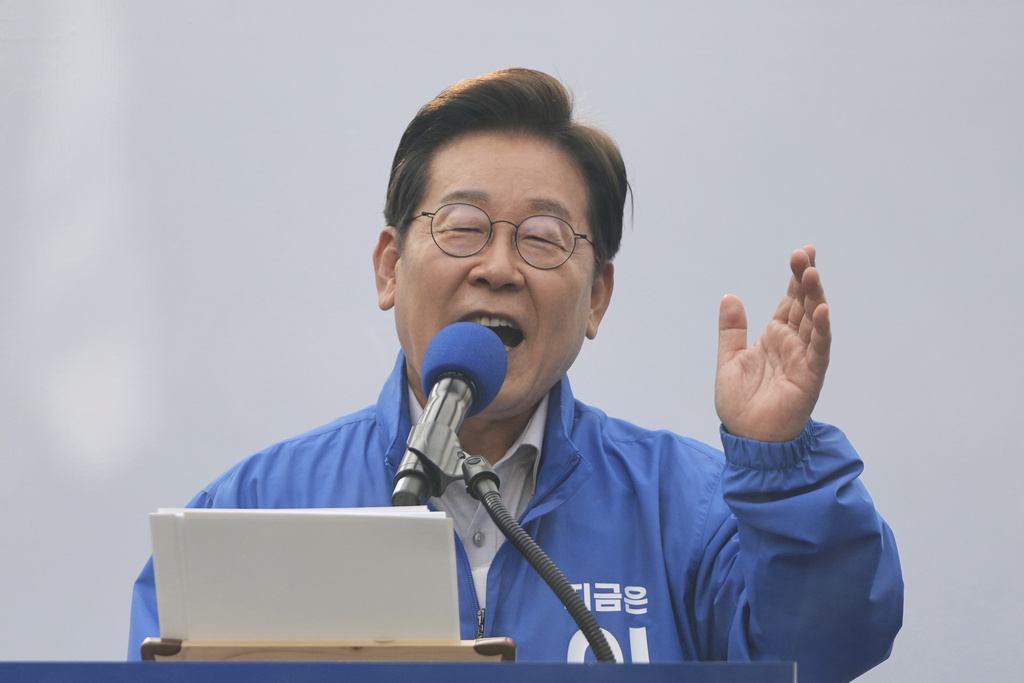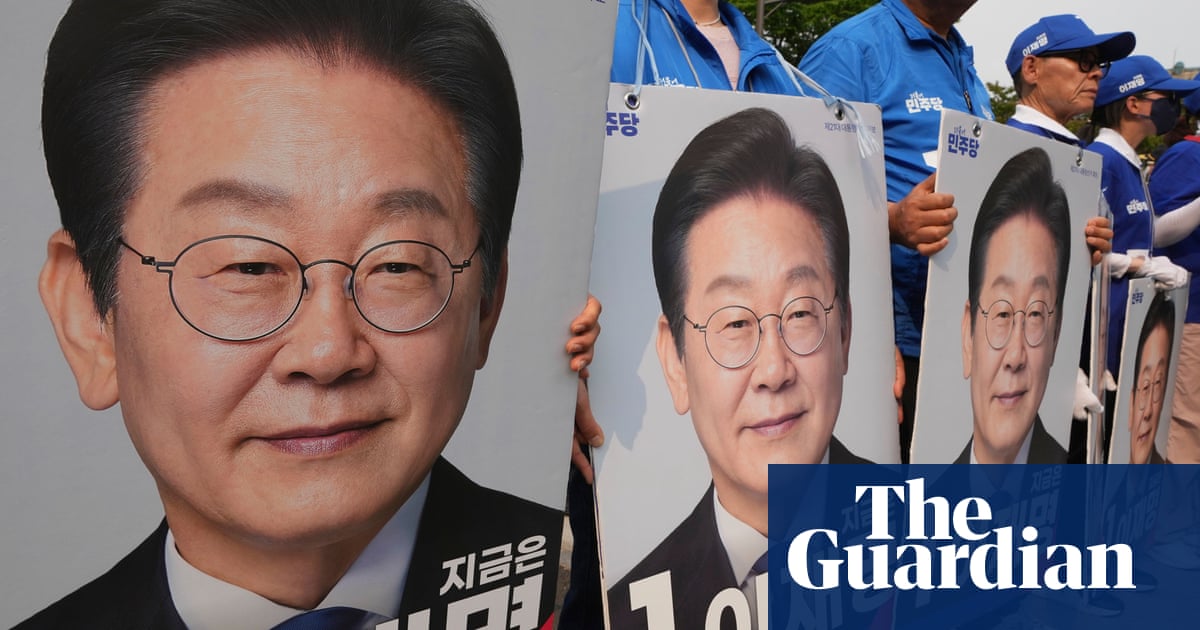Lee Jae-myung Confirmed as South Korea's New President Amidst Challenges
Lee Jae-myung wins South Korea's presidential election, facing significant domestic and international challenges following a turbulent political landscape.
Subscribe to unlock this story
We really don't like cutting you off, but you've reached your monthly limit. At just $5/month, subscriptions are how we keep this project going. Start your free 7-day trial today!
Get StartedHave an account? Sign in
Overview
In South Korea's snap presidential election on June 3, Lee Jae-myung of the Democratic Party secured a decisive victory with 51.7% of the vote, defeating conservative Kim Moon-soo at 39.3%. Lee's win follows the impeachment of former president Yoon Suk Yeol, who declared martial law, leading to political upheaval. Voter turnout reached 79.4%, the highest since 1997, reflecting public engagement amid economic challenges. Lee, a former human rights lawyer with a tumultuous past, faces immediate challenges including uniting a divided nation, addressing North Korea's nuclear threat, and navigating his own legal controversies as he embarks on a five-year presidency.
Report issue

Read both sides in 5 minutes each day
Analysis
- The articles reflect a generally positive sentiment towards Lee Jae-myung's election victory and high voter turnout.
- Concerns about political polarization and Lee's legal challenges temper the optimism surrounding his presidency.
- The overall tone captures a mix of hope for reform and fears of division in South Korea's political landscape.
Articles (38)
Center (15)
FAQ
President Lee Jae-myung faces the challenge of uniting a deeply divided nation, addressing economic difficulties such as slowed growth and declining exports, and managing his own legal controversies as he begins his term.
Lee is expected to prioritize the economy, aiming to tackle slowed growth forecasted at 0.8% in 2025, and to negotiate trade deals to alleviate tariffs that have hurt Korean exports, especially those imposed by the US during the Trump administration.
Lee has reframed the U.S.-South Korea alliance as a strategic asset, advocating for economic and industrial cooperation while adopting a more assertive negotiation posture that emphasizes South Korea's sovereignty and economic interests.
Lee will need to address North Korea's nuclear threat and navigate the complexities of South Korea’s role amid heightened Sino-American tensions, balancing alliance management with sovereignty concerns.
The impeachment of Yoon Suk Yeol, who declared martial law, led to significant political upheaval and a turbulent environment in which Lee was elected, with a highly engaged electorate and a pressing need for political stability and democratic renewal.
History
- 5M

 4 articles
4 articles
- 5M

 4 articles
4 articles
- 5M

 3 articles
3 articles
- 5M

 4 articles
4 articles
- 5M

 3 articles
3 articles
- 5M

 3 articles
3 articles
- 5M

 4 articles
4 articles
